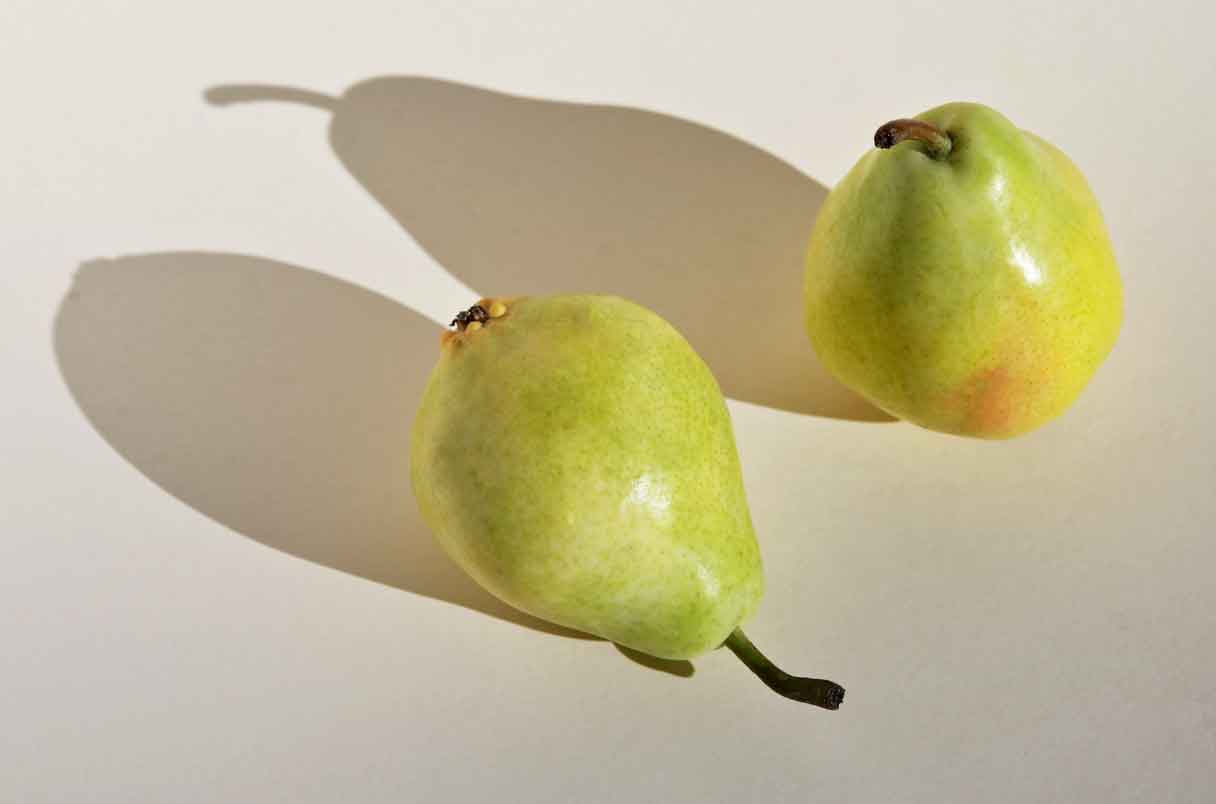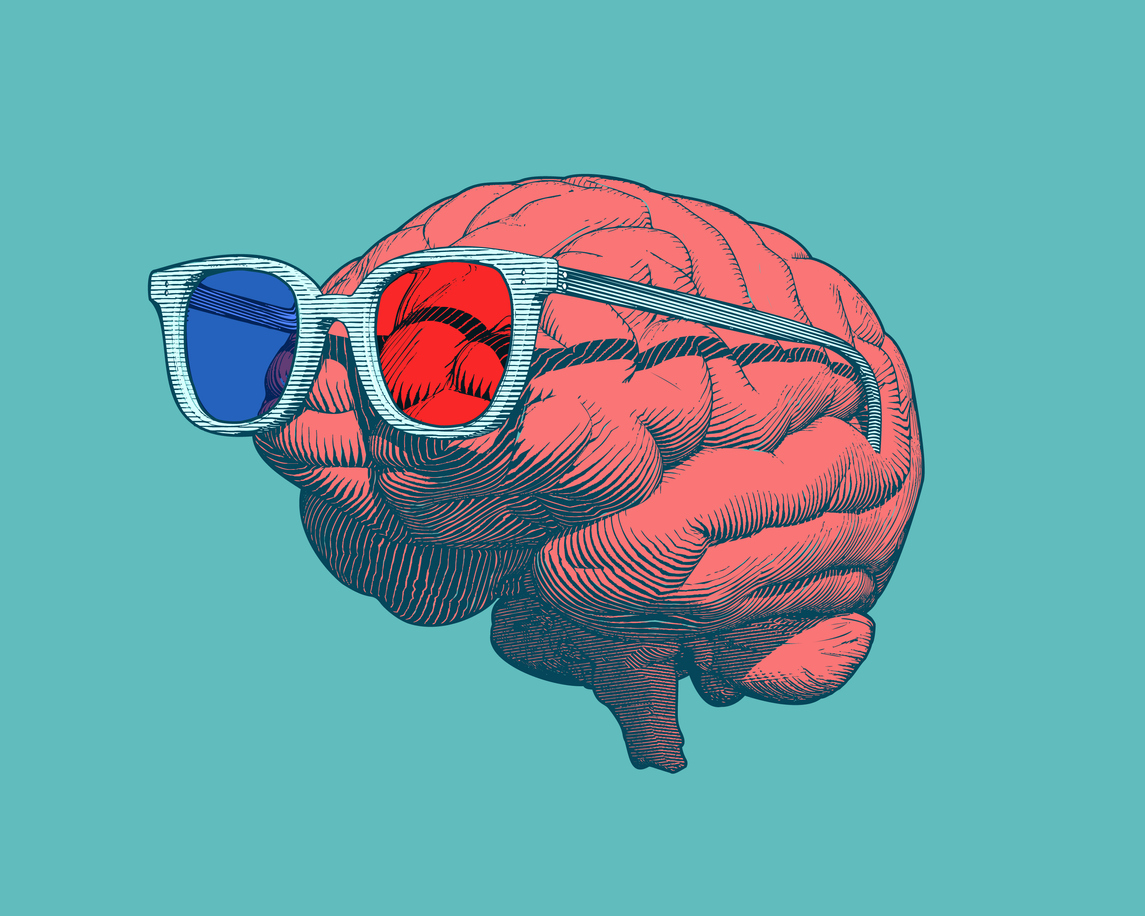probability
nounThe quality or condition of being probable; likelihood.
nounA probable situation, condition, or event.
nounThe likelihood that a given event will occur.
nounA number, ranging from zero to one, expressing either the projected likelihood that a specific event will occur or the observed ratio of the number of actual occurrences to the number of possible occurrences.
idiom(in all probability) Most probably; very likely.
nounThe state or character of being probable; likelihood; appearance of truth; that state of a case or question of fact which results from superior evidence or preponderation of argument on one side, inclining the mind to receive that as the truth, but leaving some room for doubt.
nounQuantitatively, that character of an argument or proposition of doubtful truth which consists in the frequency with which like propositions or arguments are found true in the course of experience.
nounAnything that has the appearance of reality or truth.
nounA statement of what is likely to happen; a forecast: applied in the plural by Cleveland Abbe to his daily weather-predictions in Cincinnati in 1869, and subsequently adopted by General Myer to designate the official weather-forecasts of the United States Signal Service. The same term had been similarly used by Leverrier in Paris since 1859.




